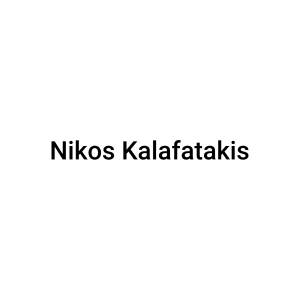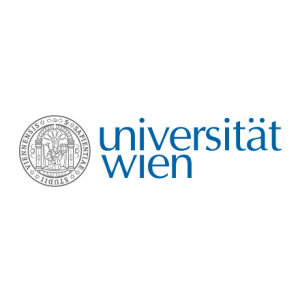
The Computational and Soft Matter Physics unit is part of the Faculty of Physics of the University of Vienna with the groups of Prof. Roberto Cerbino specializing in advance Optical Microscopy methods and experiments with Soft and Biological materials and that of Prof. Christos Likos being a world leading group in Soft Matter theory, modeling and computer simulations.
Prof. R. Cerbino leads the recently established Experimental Soft Matter Physics laboratory of the Faculty of Physics. The laboratory activity revolves around the development of innovative optical approaches to probe the structural, dynamical, and rheological properties of soft and biological materials. Typical samples of interest include dilute and dense systems of rigid and soft particles including colloidal gels and glasses, foams, cell collectives and tissues and dilute, semi-dilute and concentrated solutions of polymers and biopolymers, including gels. A defining trait of the laboratory is the development and use of advanced optical techniques that can be combined with other approaches, in particular during the controlled mechanical action exerted on soft materials. This include Video Particle Tracking (VPT) and Particle Imaging Velocimetry (PIV), as well as Differential Dynamic Microscopy (DDM) or other Digital Fourier Microscopy (DFM) methods. DDM proves to be particularly advantageous in typical conditions (e.g. multiple scattering, stray light, low-optical-quality sample cells, etc.) found in production lines, and can be thus used for in-line monitoring of material production.
Prof. C. Likos’ research focuses on theory and simulation of soft matter systems, with emphasis on the self-organization and dynamics of colloidal and polymer-based complex fluids. Recently the group has turned its attention to: a) Topological polymers, such as branched-, ring- and catenated polymers in equilibrium and under flow, b) The discovery of new phases of soft matter, including the recently discovered active topological glass and cluster crystals that combine elements of fluid-like motion and solidlike rigidity in unique, counterintuitive ways and c) the control of the response and self-assembly of soft colloids, such as ionic microgels, using suitably tailored external electric fields with linear or circular polarization. and d) The study of the interplay between hydrodynamics and topology of polymers under suitably tailored microfluidic flows. In this particular area, the potential of collaboration and transfer of knowledge from UNIVIE to FORTH is particularly high. More specifically, the group has acquired expertise with the Multiparticle Collision Dynamics technique at various geometries and driving fields, which allows us to simulate a variety of microfluidic flows and couple them to dissolved molecules typical of soft matter systems. In addition, we have extended the method to allow for coupling of the solvent to extended soft colloids, generalizing the hitherto developed solvent-colloid collision rules. The Likos group has access to the Vienna Scientific Cluster as well as to the CLIP computer infrastructure of UNIVIE.
SENIOR RESEARCHERS
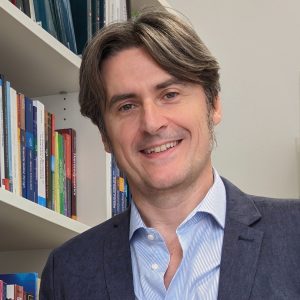
Prof. Roberto Cerbino
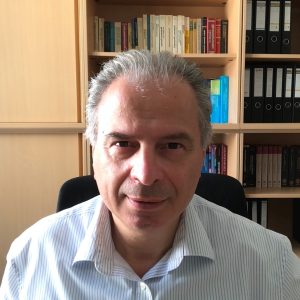
Prof. Christos Likos

RESEARCH FELLOW

Dr. Enrico Lattuada


phD STUDENTS
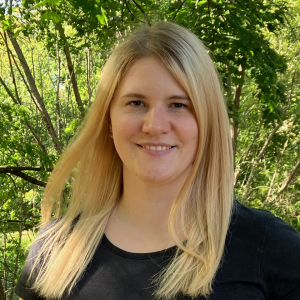
Lisa Sappl

Jasmin di Franco
